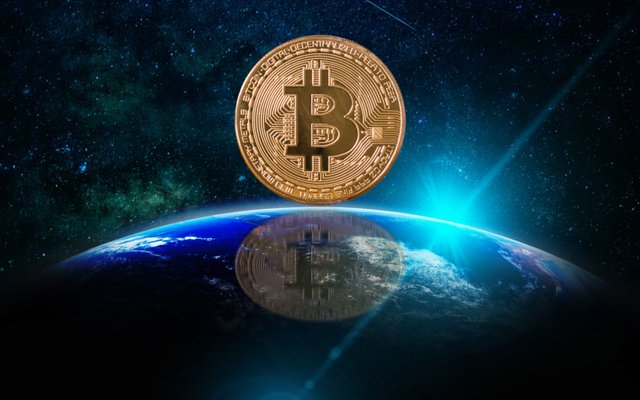
What’s a Bitcoin?
Bitcoin is the first decentralized digital currency. Bitcoins are digital coins that you can send over the internet. This means that a network of users can control and verify transactions instead of a central authority like a government or bank.
Advantages of Bitcoin
Compared to other currencies; Bitcoins are transferred directly from person to person without going through a centralized bank or clearing house. As a result, the fees are much lower, you can use them across borders in every country, your account cannot be frozen, and there are no limits to transfers.
How Bitcoin works
Bitcoins work like real money in that one person can pay another person for goods and services. However, once the money is exchanged the record of the transaction is publicly recorded onto a public ledger known as a blockchain. Other bitcoin members known as miners will verify the transactions in the blockchain. After a miner has verified a certain amount of transactions, that miner will receive a newly minted bitcoin for their work. This means that new Bitcoins have been added to circulation.
Who Created Bitcoin
Bitcoin was created by Satoshi Nakamoto, a pseudonymous individual that has enabled "value" to be transferred over a communications channel like the internet. The transactions are made without a centralized bank or middleman. Therefore, anyone in the world can send money without needing to exchange currencies.
Bitcoins in Circulation Now
The number of Bitcoins in Circulation as of November 1st, 2018 is estimated at 17.3 million coins. There are an estimated 3.7 million bitcoins left to be mined, and there are 1,800 new bitcoins mined every day. This means that 83% of all Bitcoins have been extracted. This also means that only 21 million Bitcoins will ever be created.
Fun Fact
In January of 2011, a single Bitcoin was valued at .59 cents. The highest point of value for Bitcoin was $19,783.06 in December 2017.